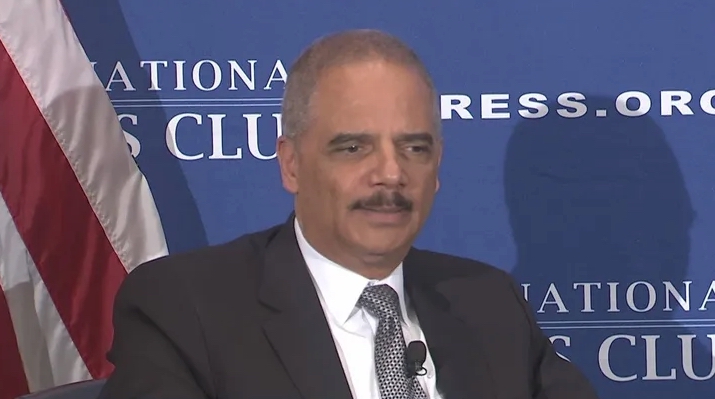A study from the University of Missouri finds that married couples who make less than $20,000 a year and receive government assistance, such as food stamps and Medicaid, report significantly less marital satisfaction and commitment. The report was published in the September issue of the Journal of Family and Economic Issues:
“We found that there’s a unique relationship among income level, government assistance and marital satisfaction and commitment,” said David Schramm, assistant professor in Human Development and Family Studies in the College of Human Environmental Sciences. “The study confirms that low income does have a negative impact on marital quality, but there are additional factors as well. The relationship between income and marital satisfaction is influenced by other issues, including whether or not the couple receives some form of government assistance.”
In the study, couples with low incomes (less than $20,000 per year) scored significantly lower on five of the six dimensions of marital quality: overall satisfaction, commitment, divorce proneness, feelings of being trapped in a marriage, and negative interaction. Married individuals who received government assistance reported similar scores. Couples that experienced the combination of earning low-incomes while receiving government assistance had drastically lower levels of overall marital satisfaction and commitment.
Pointed out over at Hot Air today, one reason for the satisfaction gap might be that earned success — even modest earned success — is more likely to lead to happiness than relying on government giveaways.


